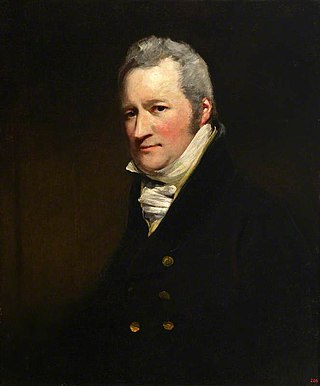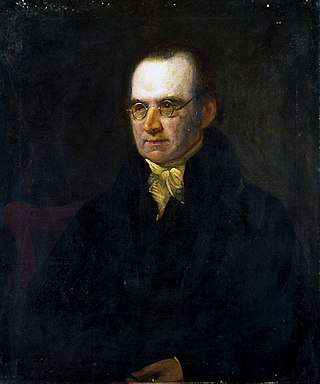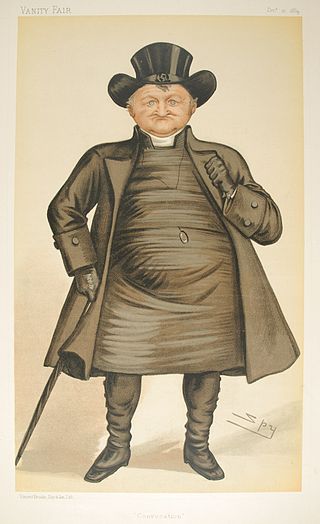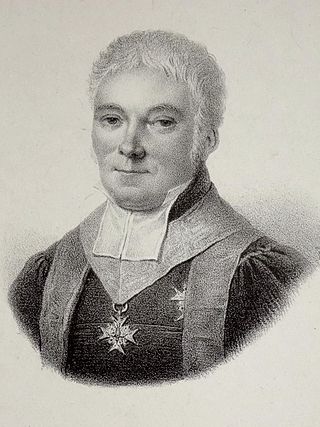Related Research Articles
John Brady may refer to:
Joseph Adams was a British physician and surgeon.

William Wadd was a 19th-century British surgeon and medical author.
Sir Roger Gresley, 8th Baronet was an English writer and Tory politician who sat in the House of Commons from 1835 to 1837.

Sir Peter Laurie was a British politician who served as Lord Mayor of London.

Richard Paul Jodrell was a classical scholar and playwright.
Daniel Guildford Wait (1789–1850) was an English clergyman, Hebrew scholar and religious writer.
Sir Richard Joseph Sullivan, 1st Baronet was a British MP and writer.

Charles Wellbeloved was an English Unitarian divine and archaeologist.
James Jupp Norris Brewer was an English topographer and novelist.

John Eagles (1783–1855), was an English artist and author. His essays, mainly in art criticism, appeared in Blackwood's Magazine and were collected and published after his death. He also produced poetry and translations.
Andrew Gray (1633–1656), was a Scottish divine. Gray was baptised on 23 August 1633. He was the son of Sir William Gray of Pittendrum, and Egidia Smith. He graduated from St Andrews University with an M.A. in 1651. He was licensed as a minister in 1653 and called on 5 September. He was ordained by the Protesters on 3 November 1653 but his ministry was a short one. He died on 8 February 1656.
John Raithby (1766–1826), lawyer, born in 1766, was eldest son of Edmund Raithby of Edenham, Lincolnshire. On 26 January 1795 he was admitted a member of Lincoln's Inn, and was subsequently called to the bar. He practised in the Court of Chancery. His legal writings obtained for him a commissionership of bankruptcy; he was also nominated a sub-commissioner on the public records. Raithby died at The Grove, Highgate, on 31 August 1826, leaving a widow.
Sir William Henry Watson QC, was a British politician and judge.

Edward Bickersteth was an Anglican priest in the 19th century.

Charles-Henri, chevalier Dambray was chancellor of France, minister of justice, and president of the chamber of peers during the short lived restored French Royalist government of 1814 and 1815.
Events from the year 1871 in Scotland.
Events from the year 1742 in Scotland.
John Walker was an English antiquarian.

Richard Reece was an English physician.
References
. Dictionary of National Biography . London: Smith, Elder & Co. 1885–1900.